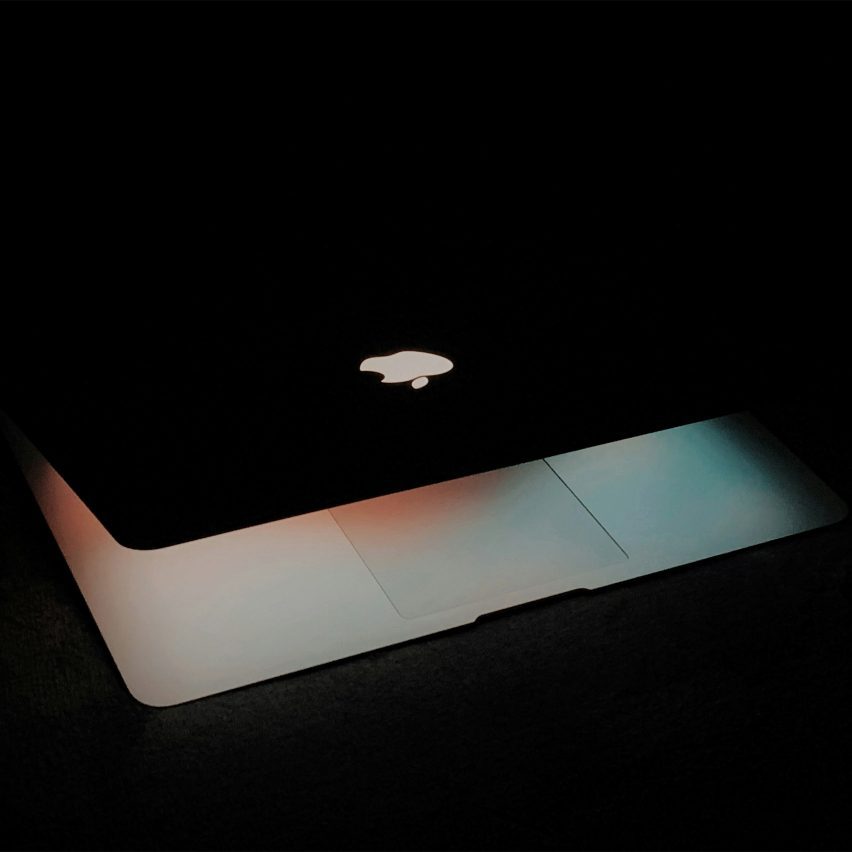
the abundant products they have already put out into the world, writes David Recchia.
Even seemingly bulletproof, sector-dominating household-name companies are never infallible.
, and eventually filed for bankruptcy in 2021.
.
Instead of reducing emissions, why not stop making new products altogether?
But now, the days of giant tech brands might be numbered for a different, literally existential reason: their components, taken from natural resources, are finite, and their manufacturing processes are simply unsustainable.
Countless brands and businesses publicly state their moves towards "carbon neutrality" and "net zero". But these phrases distract from the most fundamental change that's needed: instead of reducing emissions, why not stop making new products altogether, and repurpose the raft of products that already exist, but aren't being used?
Big brands need to focus on circularity, not commodities. And they need to instil that in consumers, too.
Sure, that's not easy when historically sales have been driven by brands pushing the idea that newer is better, that old means outdated, unfashionable, unuseful. The default has been "make more stuff, make more profit".
, an icon of play that's almost a century old but doing better now than ever. The company's success has hinged on the fact that its bricks are universal: wherever you are in the world, whatever set you buy, whenever you bought it, those little modular bricks will fit together perfectly. Yet there must be millions of bricks sitting around unused, or worse, languishing in landfills.
In terms of both its physical product and its brand platform, Lego couldn't be better suited to re-use: it states its mission is to "inspire and develop the builders of tomorrow through creative play and learning". As such, it could pivot to become a facilitator of play and learning using its existing products, rather than producing new ones: after all, sustainability is inherently baked into the concept of the "builders of tomorrow", since they can't build anything if we continue to plunder the earth's resources.
Lego could launch a "new" product line – perhaps a "cities of the future" kit – composed entirely of reused bricks and with instructions that subtly introduce the concepts and practices of building and living sustainability.
There's huge potential for brands to genuinely make a difference
– especially in light of recent news that its profits have risen, while its sustainability credentials have fallen.
" slogan should focus on change for the planet itself as much as individual users.
Huge companies have the chance to act now. They could set a world-leading, radical example by publicly stating that they've exceeded their quotas of natural resources, promising to stop extracting more, refocusing their immense resources on recycling what they already have. And maintain a sustainably profitable business model to boot.
Such sweeping positive changes would transform their business models to become truly sustainable and could catalyse huge shifts in the way businesses operate the world over. There's no doubt this would impact the relationship we all have with the Earth, driving home a fact that's hard to confront – we've taken everything we can from our planet.
This might all seem like idealism, but it isn't: there's huge potential for brands to genuinely make a difference – without ever straying from their core ethos and what makes them so desirable and successful.
Consider the famous (now-retired) Apple slogan "think different'': the company has always been about innovation, progression – it has long staked its claim as the brand that moves us forward.
We need to stop using "innovation" as a shorthand for "new"
clearly demonstrates its mission to remain the global innovation brand of the 21st century – not least through focusing on making "durable, long-lasting products" and "enhanc[ing] material recovery".
It needs to go further and become the first tech company to declare a resource ceiling, no longer extracting new natural resources and instead relying entirely on recycling and reusing existing materials.
The tech brands of the future need to stop making new hardware, reuse and repurpose the abundance of physical products already out there and focus instead on innovating through software alone.
as "a new idea or method" more literally – pivoting from a production and consumption model towards bold, genuinely sustainable, precedent-setting sustainability.
programme, which uses vintage and deadstock pieces to create new locally designed and manufactured products.
Brands must work towards collective reinterpretations of how they view their audiences and what their core values mean – and they can easily do that without ever losing ground on their position in the market.
They must redirect their energies to use what they already have – influence, profits, millions of loyal fans, world leadership of their markets. Business leaders have an opportunity to change the course of human history.
.
via Unsplash.
.


Post a Comment
0Comments